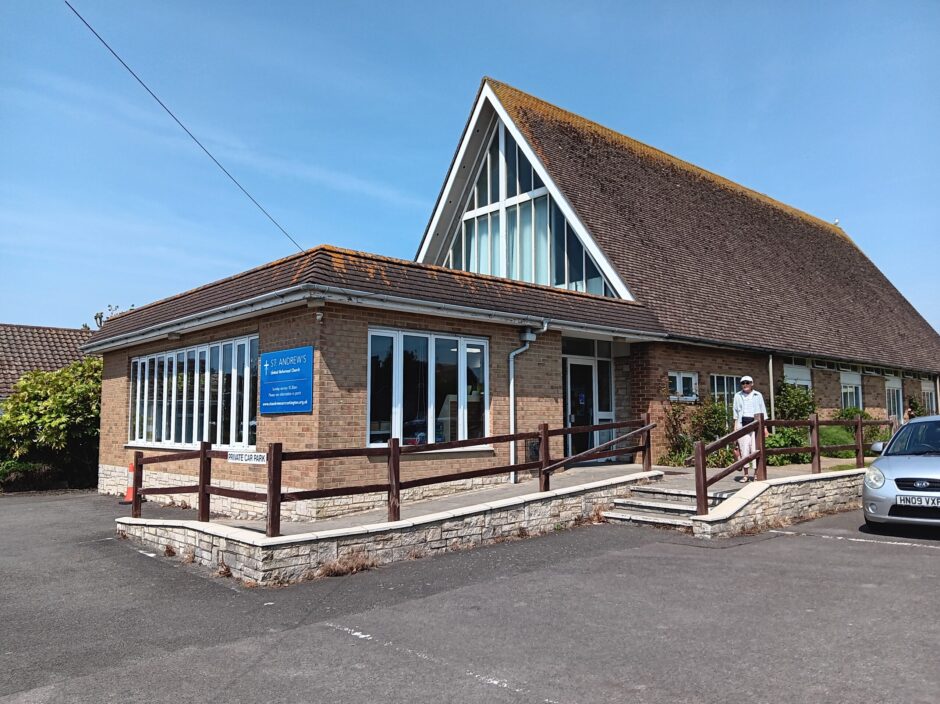
One year ago, it was reported that the President of Afghanistan, Ashraf Ghani, had fled the country. In April 2022, President Biden had announced his intention of fully withdrawing of US troops from Afghanistan. Subsequently, the Taliban’s attacks across the country intensified and a number of regions were seized. With no President or active government in Kabul, the city was overcome by the Taliban on the 15th of August. Efforts to evacuate British personnel and vulnerable Afghan citizens accelerated.
I am sure you can remember the scenes. Desperate people pressing up against fences hoping to board a plane, families separated in the chaos, mothers begging soldiers to take their children to safety. I’ll never forget the images of people hanging onto planes as they took off. They all knew what Taliban rule would mean for them and their families, and they would do anything to get away.
In the following months, the Taliban attempted to assure the world they would bring peace, stability and economic growth to the country, but their assertions were met with scepticism. To date, no government has officially recognised their rule.
A year on, reports are rife of a collapsing economy, ever increasing tensions, and continued human rights abuses – particularly against women and girls.[1] There are serious concerns that Afghanistan might, once again, be becoming a haven for terrorists.[2] It is no wonder vulnerable Afghan citizens continue to look for safety elsewhere.
In the immediate aftermath of the fall of Kabul, Operation Pitting saw around 8,000 Afghans evacuated to the UK.[3] They were primarily those who had worked with the UK in Afghanistan and their families. Many of them were sent to hotels around the UK while the government looked to identify more suitable accommodation. Since then, others have come to the UK through the two safe routes established by the UK government (known as ARAP and ACRS), and the vast majority of them were sent to hotels too.
The government has said homes have been found for around 7000 Afghans so far, but the heart-breaking reality is that around 9,500 of these traumatised people, including children, are still languishing in temporary accommodation.[4] They may be safe, but they’re far from settled. Some report being isolated from wider society, cooped up for months on end in one room for the whole family. Many are unable to cook for themselves and lack liberty of choice over many areas of their lives. Others are desperate to be reunited with family members, but the current safe routes from Afghanistan do not allow for family reunion, so Afghan families must rely upon Immigration Rules which are extremely restrictive. For instance, the mother of a child who was evacuated would not be able to come to the UK, as children cannot sponsor family members. It is notable that the rules for Ukrainian refugees have been much more generous.
Meanwhile, expert groups on Afghanistan have criticised the UK’s resettlement routes as slow and “unjustifiably restrictive”.[5] Many Afghans disillusioned or deemed ineligible are being forced to resort other routes to safety. 1 in 4 people crossing the Channel have fled Afghanistan – the highest nationality crossing the Channel – but the government are still pushing forward their plans to export many asylum seekers who come through this route to Rwanda without considering their asylum claims.[6]
Many of our churches, of course, are doing what they can. Whether it is in conjunction with “Afghan Welcome” or simply in collaboration with their own local councils, churches have been reaching out to the families in hotels, offering all sorts of provision and kindness – embodying the posture of welcome that the Bible demands of God’s people.[7] But, one year after the fall of Kabul, my desperate hope is that all Christians might:
- encourage our councils to do all they can to welcome and house Afghan refugees
- implore our MPs to encourage the government to expand and improve the safe routes for Afghans to come to the UK
- pray for peace, freedom and justice for Afghanistan and all its citizens.
[1] https://www.ohchr.org/en/press-releases/2022/05/facing-critical-human-rights-challenges-afghanistan-crossroads-says-un
[2] https://www.telegraph.co.uk/opinion/2022/08/03/afghanistan-risks-becoming-terrorist-safe-haven/
[3] https://www.bbc.co.uk/news/uk-england-essex-58828700
[4] https://www.bbc.co.uk/news/uk-62393625
[5] https://www.theguardian.com/world/2022/aug/07/shameful-afghans-who-helped-uk-abandoned-to-a-life-of-fear-under-the-taliban
[6] https://www.independent.co.uk/news/uk/afghans-channel-people-home-office-taliban-b2088151.html
<!–
–>
Source
